Europa League final: Rangers' presence highlights the many links between host city Seville and Scottish football
Rangers are in Seville for Wednesday's Europa League final, bringing Scottish football's links with the city to the fore.
Wednesday's Europa League final is set to attract over 150,000 Eintracht Frankfurt and Rangers fans to Seville, despite well under a third of that total having tickets.
With neither club having won a continental trophy since Eintracht lifted the UEFA Cup in 1980, this final has truly captured the imagination of supporters who certainly wouldn't have had grand expectations of getting this far.
But for Rangers especially, there's an air of destiny about their journey to the final – or, more specifically, host city Seville.
While perhaps not obvious, Scottish football can claim several football links to Andalusia's capital.
Perhaps Rangers' passage – and potential victory – were meant to be…
Sevilla's Scottish roots
These links go back as far as 1890, when a group of British men in Seville celebrated Burns Night by founding Club de Football de Sevilla.
Edward Farguharson Johnston of Elgin and Hugh MacColl, from Glasgow, were among the club's founders, with the latter appointed as Sevilla's first ever captain.
Sevilla's founding and debut match were first described in The Dundee Courier six weeks after that fateful Burns Night, with Recreativo Huelva their opponents in the first official match ever played in Spain on March 8, 1890. Sevilla won 2-0.
While Recreativo were Spain's first sports club, the match against Sevilla makes Los Nervionenses – whose Ramon Sanchez Pizjuan stadium provides the setting for Wednesday's final – the oldest club dedicated solely to football in the country.
And it's partly thanks to a Glaswegian.
Betis' homage to Celtic
A Spanish man named Manuel Asensio Ramos studied in Scotland as a young adult, taking on Celtic as his adopted club while he was there.
He later returned home to Spain and became one of the founding members of Real Betis, who subsequently donned green and white stripes as a tribute to Celtic from 1911.
Celtic had changed to their famous hoops eight years earlier, but the link was set in history.
Five years ago, Betis briefly switched to hoops for a match against Malaga to celebrate Andalusia Day, with Celtic communicating their delight at the club choosing "to wear the hoops for their special day".
The Bhoys from Seville
Of course, 2022 isn't the first time one of the Glasgow giants has been in Seville for a European final.
Nineteen years ago, Celtic reached the UEFA Cup final, facing Jose Mourinho's Porto at the Estadio La Cartuja on the outskirts of the city – that is also the location of Rangers' 'fan zone' this week.
'The Bhoys from Seville' was the nickname bestowed upon Celtic for the trip, with the tag a pun on their 'the Boys from Brazil' moniker.
Celtic ultimately lost 3-2 via the silver goal rule in extra time, but the occasion is still widely remembered fondly by the club and supporters, 80,000 of whom were said to be in Seville for the festivities.
Fans of the club were widely commended for their behaviour in the city, with UEFA and FIFA later awarding them Fair Play Awards.
Glasgow returns the favour
Four years after Seville played host to Celtic, Glasgow welcome Sevilla and Espanyol for the 2007 UEFA Cup final.
Hampden Park was the location of Sevilla's second successive triumph in the competition, beating their LaLiga rivals 3-1 on penalties after a gripping 2-2 draw over 120 minutes.
Despite Celtic's links to Betis, it was widely felt by Sevilla fans in attendance that Bhoys supporters were cheering on Los Nervionenses, while Rangers aficionados adopted Espanyol as their team.
Dani Alves was the only Sevilla player to miss his penalty, while Andres Palop in the Andalusians' net made three vital saves.


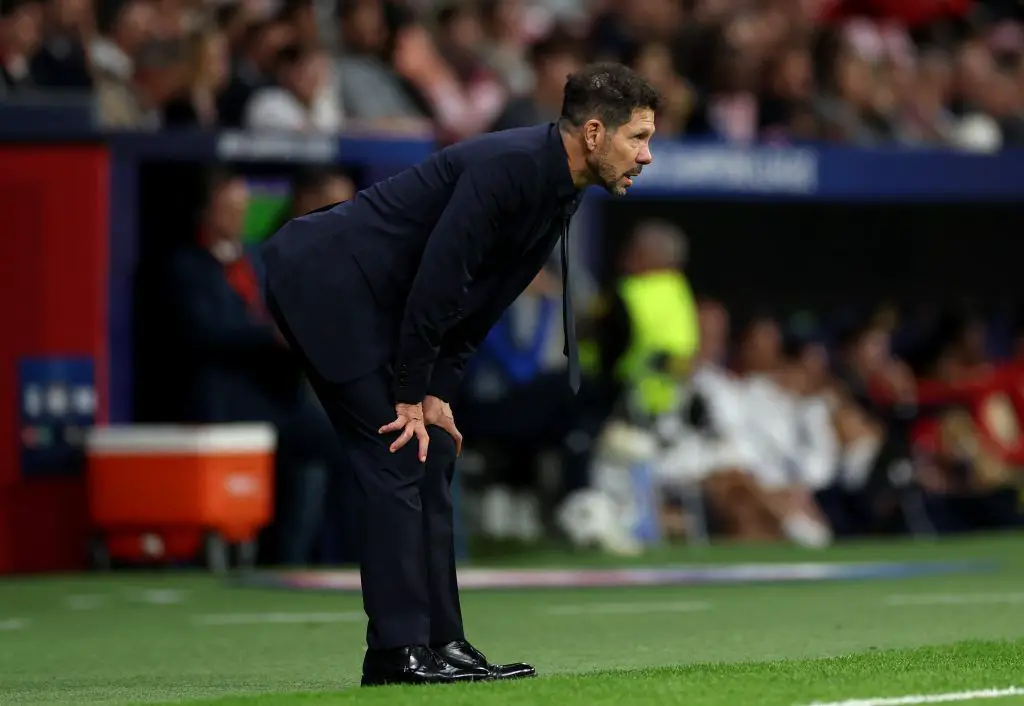
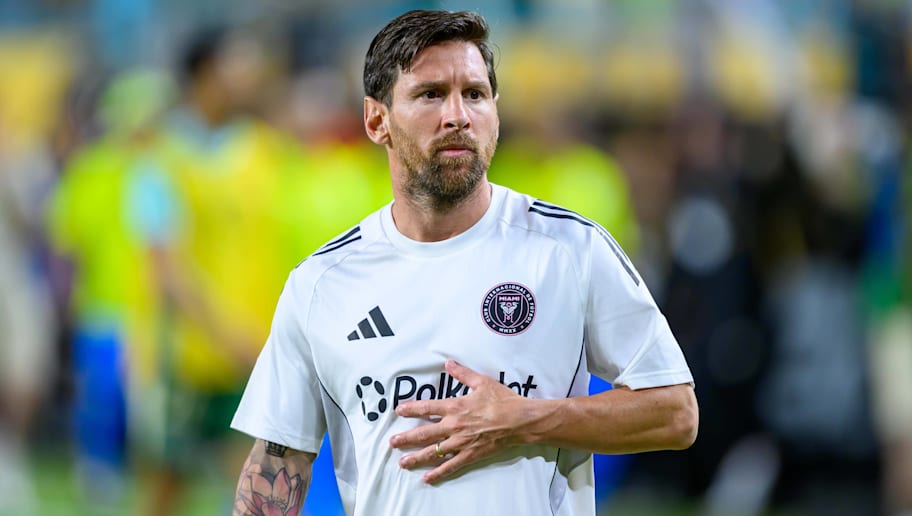

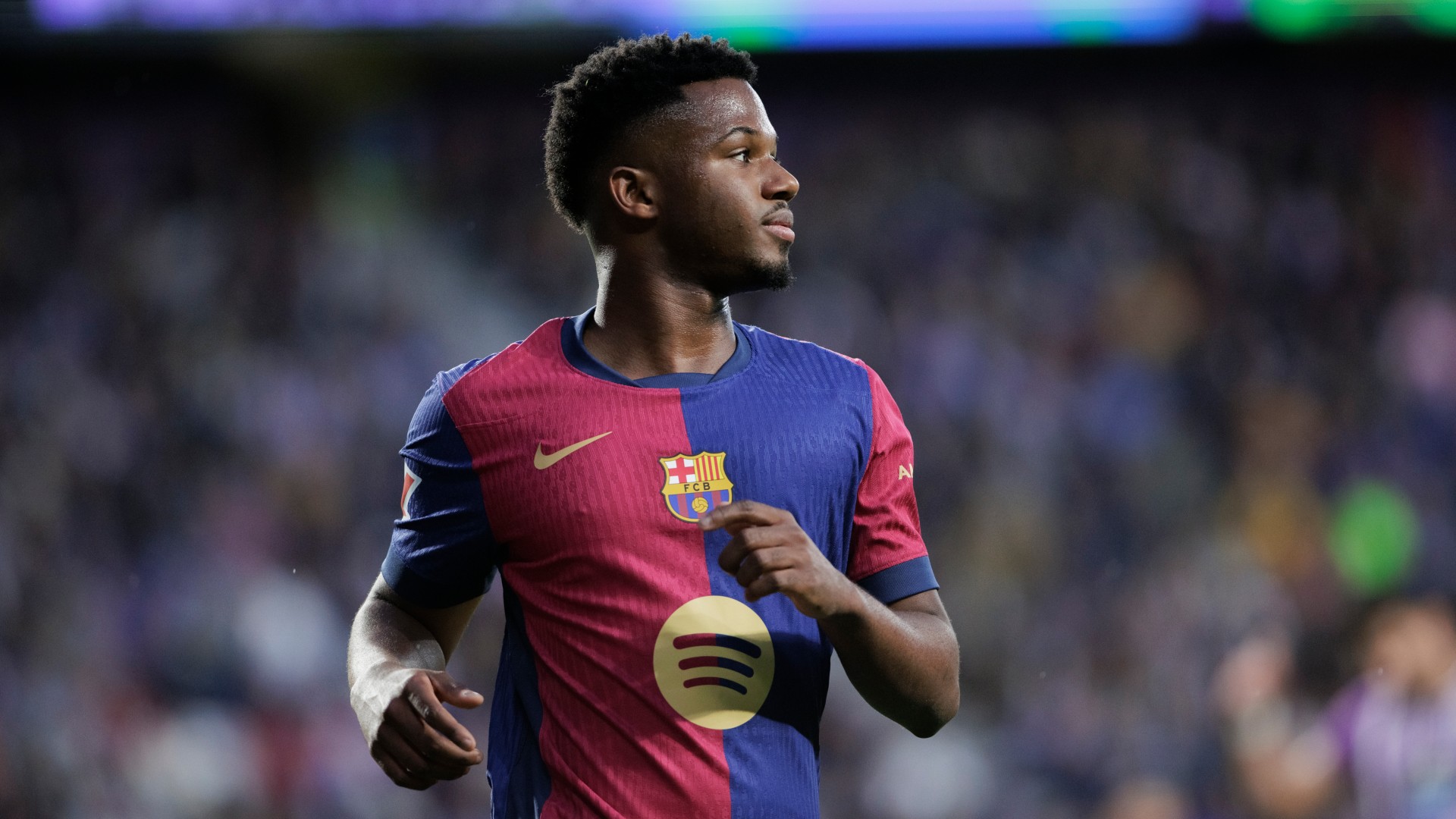
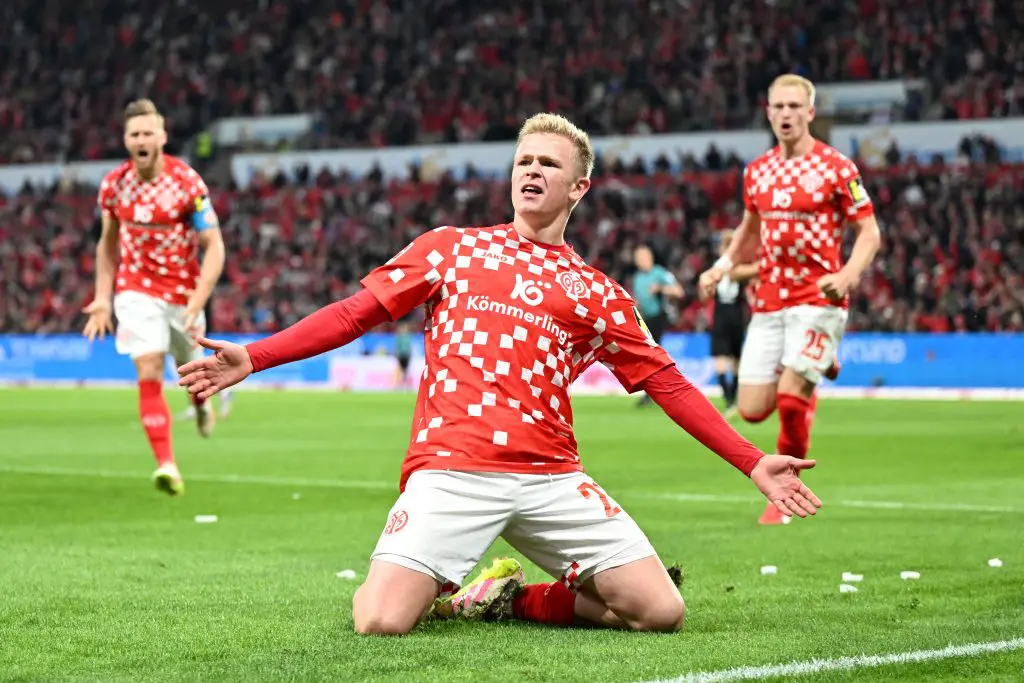








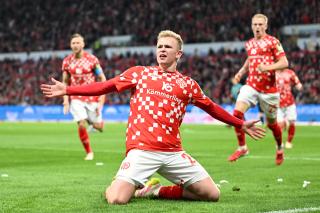

.jpeg?width=1200&auto=webp&crop=3%3A2)

